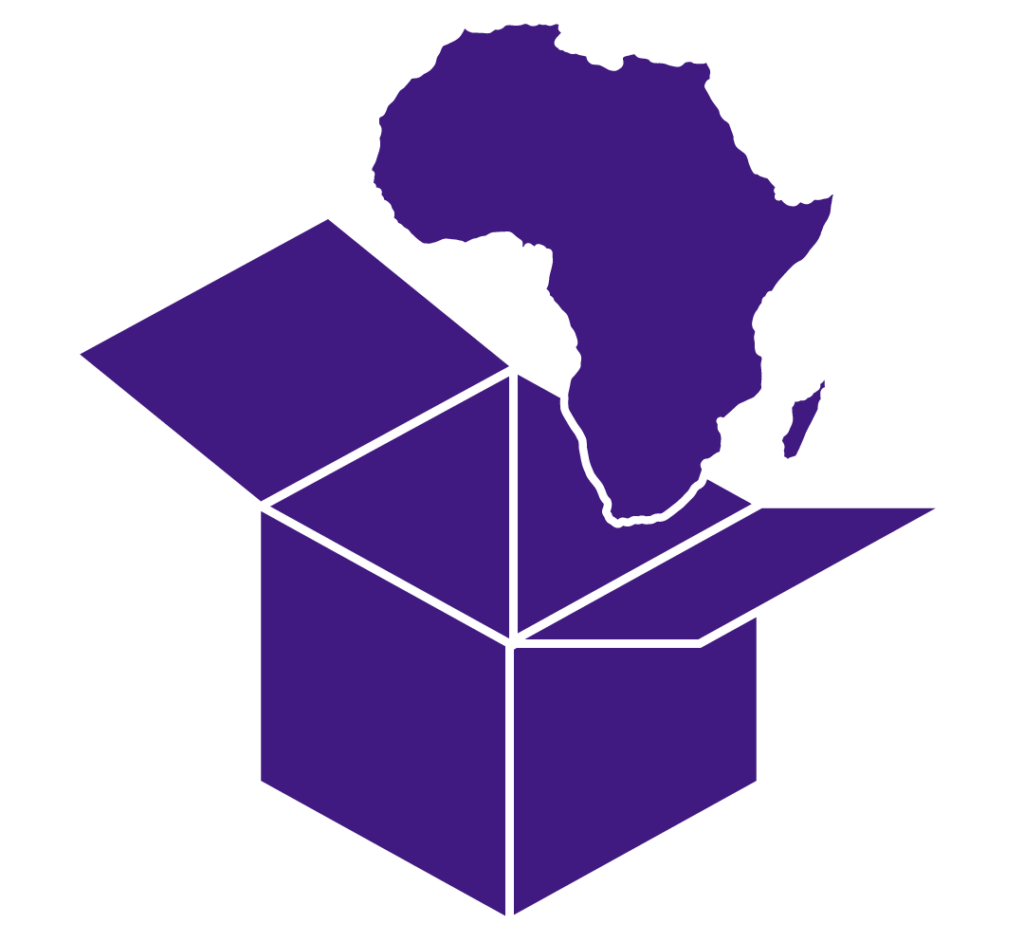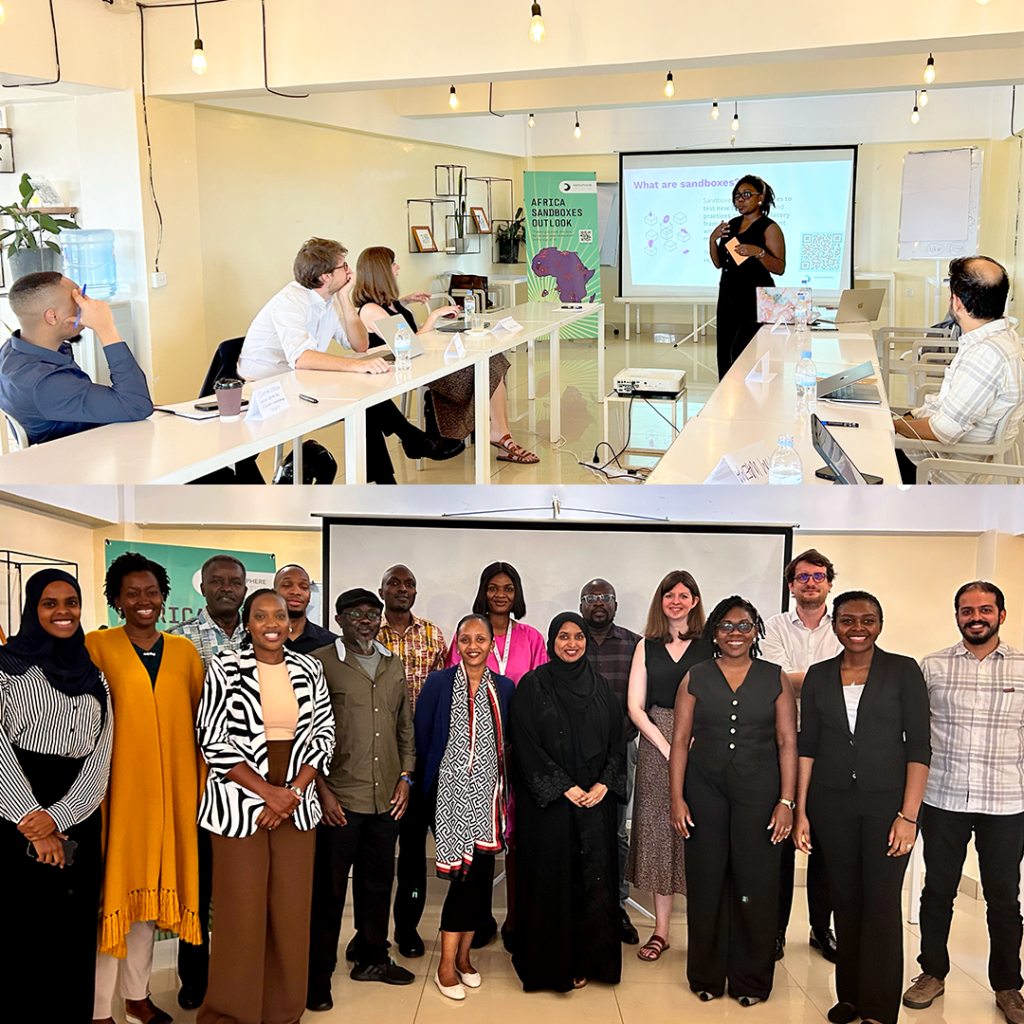
The Datasphere Initiative’s Africa Sandboxes Forum is fostering a pan-African community dedicated to enabling innovative, cross-border data governance solutions. Through a multistakeholder process, the Forum invites local, regional, and global experts to explore how regulatory and operational sandboxes can support responsible data flows, collaboration, and experimentation.
This GSF Insights Session on the Sandbox Assessment Framework provided a timely and much-needed space for policymakers, academics, civil society, business leaders, and innovators to come together and shape the future of sandboxing.
As the world increasingly turns to sandboxes as an agile tool to navigate emerging technologies and complex data ecosystems, there is growing demand to evaluate their effectiveness, track outcomes, and learn from their use across diverse contexts. In this interactive session, participants explored what it takes to effectively prepare for sandboxing; to not only ensure functionality, but also inclusivity, adaptability, and impact. The discussion contributed directly to the development of the Sandbox Assessment Framework (SAF), a practical tool currently being designed by the Datasphere Initiative.

Co-creation Labs
The Africa Sandboxes Forum’s first Co-Creation Lab was launched in Kigali during the Global AI Summit for Africa. This interactive session brought together stakeholders from government, academia, civil society, and the private sector to collaboratively explore what responsible AI sandboxes could look like in Africa. The Lab series will continue across the region, advancing inclusive co-design, ethical principles, and Africa-led sandbox models in priority sectors like health, finance, and AI.
Sandbox Coaching Journey
The Datasphere Initiative offers organizations in Africa personalized coaching sessions to support their sandbox design and implementation. For organizations unsure about whether a sandbox is the solution they need, the Datasphere Initiative also offers personalized exploration sessions.
The Datasphere Initiative launched the Africa Sandboxes Forum in July 2023 to support the growing use of regulatory sandboxes across the continent and foster cross-border collaboration. By providing safe, testable spaces for innovation, sandboxes help bridge gaps between sectors and regions. To further this mission, the Initiative developed “A Guide to Cross-Border Sandboxes for Data”, a self-paced online course with a dedicated Africa module, drawing from its flagship publications to equip stakeholders with practical skills to design and implement context-driven sandbox initiatives.
Following its launch, the Africa Sandboxes Forum hosted Regulatory Roundtables that brought together African regulators, policymakers, and innovators to explore how sandboxes can address challenges in rapidly evolving digital sectors. This effort led to the creation of working groups in health, finance, and AI, where participants identified common regulatory hurdles, discussed necessary updates to existing frameworks, and examined how sandboxes can enhance responsiveness and informed decision-making in data-driven governance.
As the Africa Sandboxes Forum enters its third phase, the focus shifts from exploration to action—empowering institutions across the continent to turn ideas into inclusive, practical solutions. Key initiatives include the launch of the Africa Sandboxes Outlook Report, offering a comprehensive analysis of sandbox activity in Africa; the rollout of a Sandbox Coaching Program to build capacity among civil servants and regulators; and the kick-off of Co-Creation Labs, beginning in Kigali, to collaboratively design responsible, Africa-led sandbox models in key sectors such as health, finance, and AI.